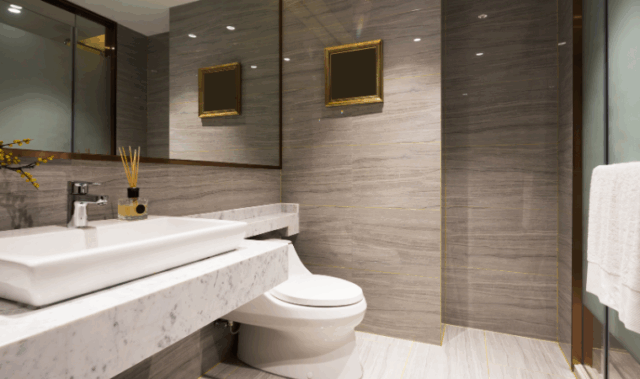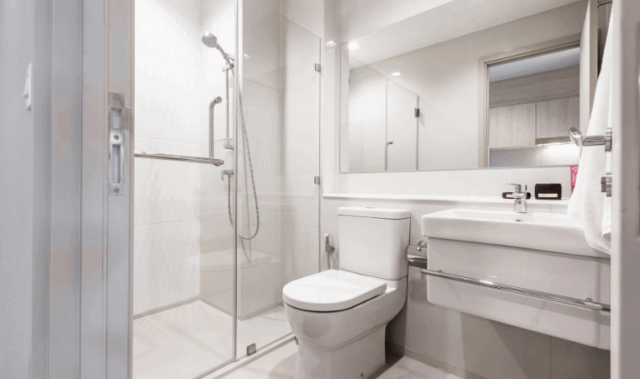Bathrooms are supposed to be a clean and refreshing space, but sometimes unpleasant odors creep in, leaving residents wondering what went wrong. Few smells are as alarming as the stench of sewage. Not only is it uncomfortable, it can also point to deeper plumbing or ventilation issues that need attention. Understanding why apartment bathroom smells like sewage helps you identify the cause quickly and decide whether you can address it yourself or need professional help.
How Sewer Smells Travel Indoors
In any building, including apartments, the plumbing system is designed with traps and vents that block gases from entering living spaces. Each fixture has a U-shaped pipe called a P-trap that holds water, creating a seal against sewer gases. Vent pipes allow airflow, balancing pressure so waste and water flow freely. When one of these parts fails or dries out, odors find a path inside.

Why Apartment Bathroom Smells Like Sewage
Several issues can create this problem, and many of them require quick fixes before they worsen.
1. Dry P-Traps
If a sink, tub, or shower in your apartment bathroom is rarely used, the water in its trap may evaporate. With no water barrier, sewer gases rise into the room. Running water through unused drains every week usually prevents this.
2. Clogged Drains
Hair, soap, and debris in drains trap bacteria. As waste breaks down, it produces foul odors that smell like sewage. A thorough drain cleaning or flushing with vinegar and hot water can sometimes solve this.
3. Broken or Loose Seals
The wax ring beneath a toilet creates a watertight seal between the base and the drain pipe. If it cracks or shifts, gases escape every time water is flushed. Resealing or replacing the ring often fixes the issue.
4. Venting Problems
Plumbing vents must stay open to regulate pressure. If vents are blocked by debris, bird nests, or damage, negative pressure forces sewer gases through weak spots inside.
5. Leaking Pipes
Cracks in drain lines hidden behind walls or under floors can allow sewage odor to leak directly into an apartment bathroom. This usually requires professional repair.
6. Building-Wide Issues
In apartments, plumbing systems are interconnected. A problem in another unit, such as a backed-up line or damaged vent stack, may cause odors to spread to neighboring bathrooms.
Signs the Problem Is Serious
Occasional faint odors may come from minor clogs or temporary dry traps, but persistent or strong smells often signal larger plumbing issues. Warning signs include:
- Sewage smell after every flush or shower.
- Gurgling sounds from drains.
- Visible water leaks or stains near bathroom fixtures.
- Multiple units in the building are experiencing similar odors.

How to Fix or Prevent the Issue
- Run water in all drains weekly to keep traps filled.
- Use a mixture of baking soda and vinegar, followed by boiling water.
- Check toilets for wobbling or leaks around the base. Replace worn wax seals if needed.
- Inspect vent pipes if you have roof access or ask building management to check.
- Keep the bathroom clean and dry, as standing water promotes bacterial growth.
When to Call for Help
If odors linger after trying these fixes, contact your landlord or a licensed plumber. Sewer smells can be more than unpleasant; they may indicate harmful gases like methane entering the living space, which can be a health risk. In multi-unit buildings, management often needs to inspect shared plumbing systems to locate and resolve the problem fully.

